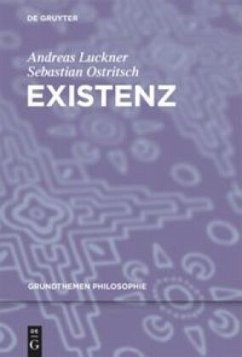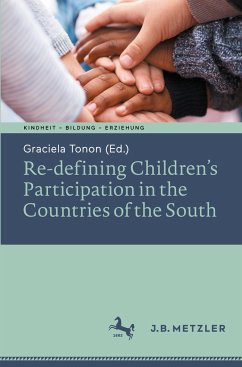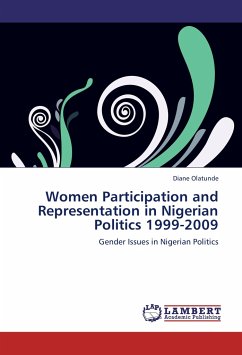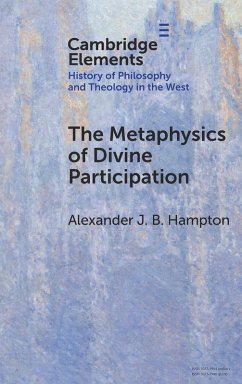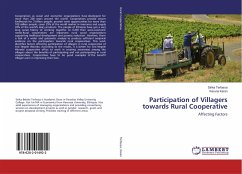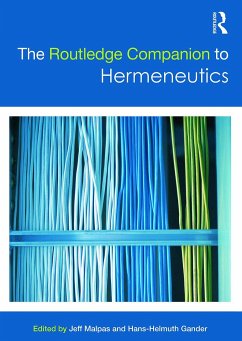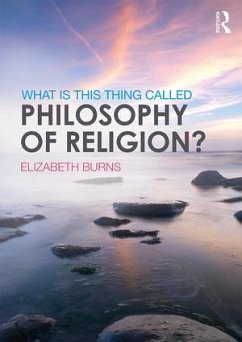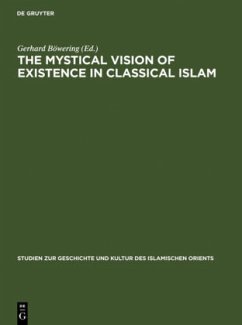Nicht lieferbar

What It Is to Exist
The Contribution of Thomas Aquinas's View to the Contemporary Debate
Versandkostenfrei!
Nicht lieferbar
One important task of metaphysics is to answer the question of what it is for an object to exist. The first part of this book offers a systematic reconstruction and critique of contemporary views on existence. The upshot of this part is that the contemporary debate has reached an impasse because none of the considered views is able to formulate a satisfactory answer to this fundamental metaphysical question.The second part reconstructs Thomas Aquinas's view on existence (esse) and argues that it contributes a new perspective which allows us to see why the contemporary debate has reached this i...
One important task of metaphysics is to answer the question of what it is for an object to exist. The first part of this book offers a systematic reconstruction and critique of contemporary views on existence. The upshot of this part is that the contemporary debate has reached an impasse because none of the considered views is able to formulate a satisfactory answer to this fundamental metaphysical question.
The second part reconstructs Thomas Aquinas's view on existence (esse) and argues that it contributes a new perspective which allows us to see why the contemporary debate has reached this impasse. It has come to this point because it has taken a premise for granted which Aquinas's view rejects, namely, that the existence of an object consists in something's having a property. A decisive contribution of Aquinas's theory of esse is that it makes use of the ideas of metaphysical participation and composition. In this way, it can be explained how an object can have esse without being the case that esse is a property of it.
This book brings together a reconstruction from the history of philosophy with a systematic study on existence and is therefore relevant for scholars interested in contemporary or medieval theories of existence.
The second part reconstructs Thomas Aquinas's view on existence (esse) and argues that it contributes a new perspective which allows us to see why the contemporary debate has reached this impasse. It has come to this point because it has taken a premise for granted which Aquinas's view rejects, namely, that the existence of an object consists in something's having a property. A decisive contribution of Aquinas's theory of esse is that it makes use of the ideas of metaphysical participation and composition. In this way, it can be explained how an object can have esse without being the case that esse is a property of it.
This book brings together a reconstruction from the history of philosophy with a systematic study on existence and is therefore relevant for scholars interested in contemporary or medieval theories of existence.





